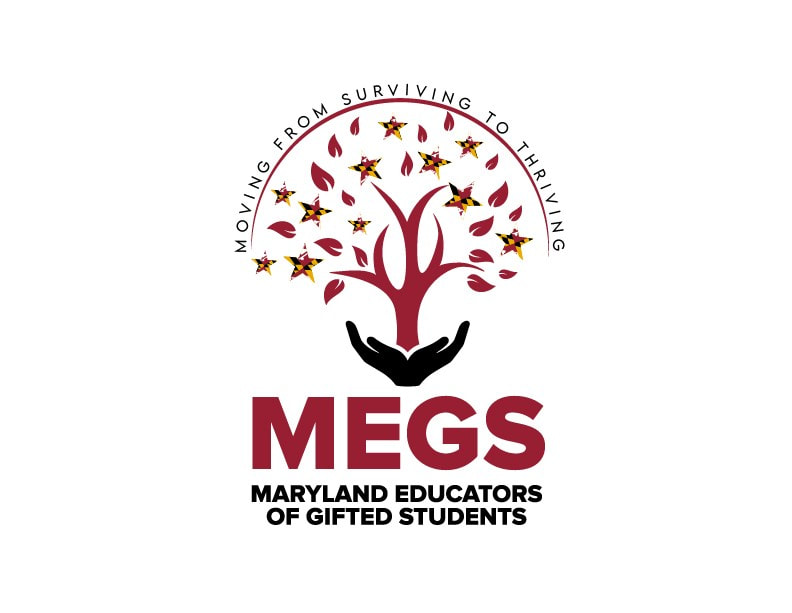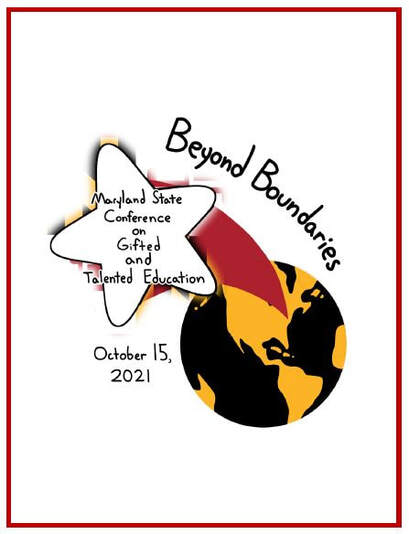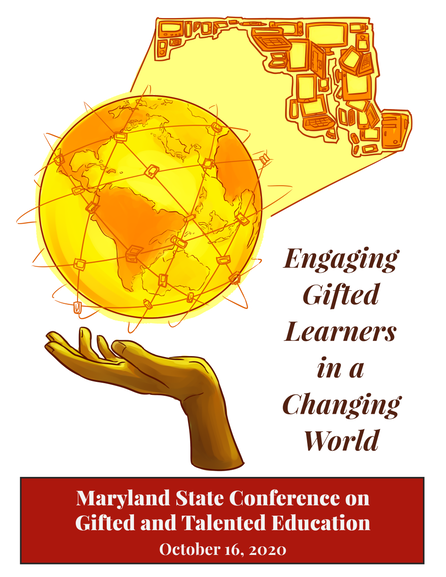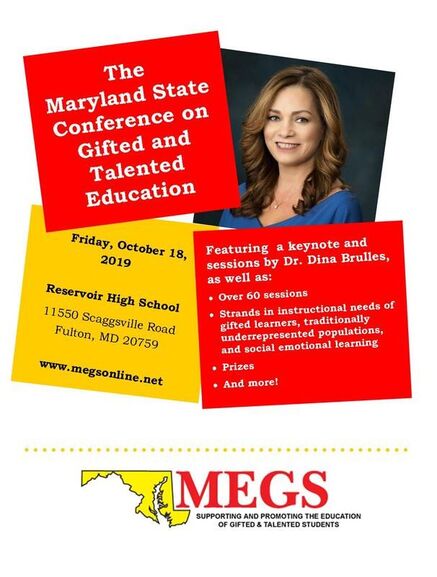|
The Maryland State Conference on Gifted and Talented Education
Join us for our virtual 2024 MEGS State Gifted Education Conference! Registration for this conference will include a professional development package that features the three keynotes, and over 30 videos on a variety of gifted education topics which can be accessed on-demand through October 18, 2024. Once you have registered, be on the lookout for login information for our website which should be sent the week of the conference or within 72 hours of purchase, whichever is later. |




